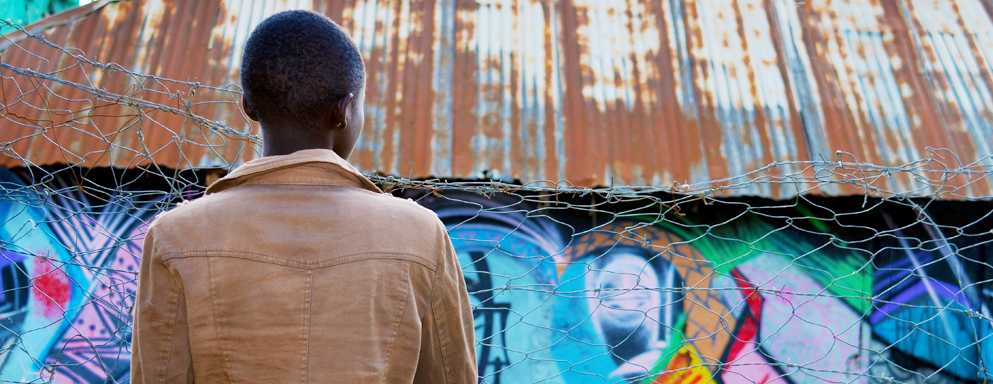CDC's Role in Global HIV Control

What We Do
Thirty-five years after the first cases were reported, HIV is still a leading cause of death and a health threat to millions worldwide. Each year, HIV claims more than a million lives, and about 2 million people become newly infected with the disease. CDC has been working to combat HIV since the start of the HIV epidemic. As an implementing agency of the U.S. President’s Emergency Plan for AIDS Relief (PEPFAR), CDC works side by side with Ministries of Health, leveraging our scientific and technical expertise to help deliver high impact, sustainable prevention, care and treatment to millions of people in countries most affected by HIV. Specifically, CDC’s Division of Global HIV & TB (DGHT) is working with country partners to:
- Scale up the use of antiretroviral treatment (ART) among people living with HIV
- Strengthen the ability of national governments to provide top-notch, sustainable HIV services
- Deliver the most effective prevention tools to individuals at high risk for HIV infection
- Use data to reach high-risk groups, inform public health policies and strategies, and measure our impact
Why We Do It
Recent scientific advances have given us more tools than ever to fight HIV, but millions of people still aren’t benefiting from them. In order to significantly decrease new HIV infections, we must reach the most vulnerable populations with effective HIV prevention and treatment. At CDC, we are committed to using innovative, evidence-based strategies to fight this epidemic worldwide. Our goal is to save lives and, ultimately, support the efforts to realize an AIDS-free generation.
Impact
PEPFAR demonstrates how tremendous progress is possible in the fight against AIDS. As an implementing agency of PEPFAR, CDC has been responsible for supporting:
- Life-saving ART for 5.8 million men, women, and children living with HIV
- Voluntary medical circumcision procedures for more than 1.3 million men
- HIV testing and counseling for nearly 40 million people
- Antiretroviral medications for more than 420,000 HIV-positive women to prevent transmission to their children
- Page last reviewed: August 9, 2016
- Page last updated: August 9, 2016
- Content source:


 ShareCompartir
ShareCompartir